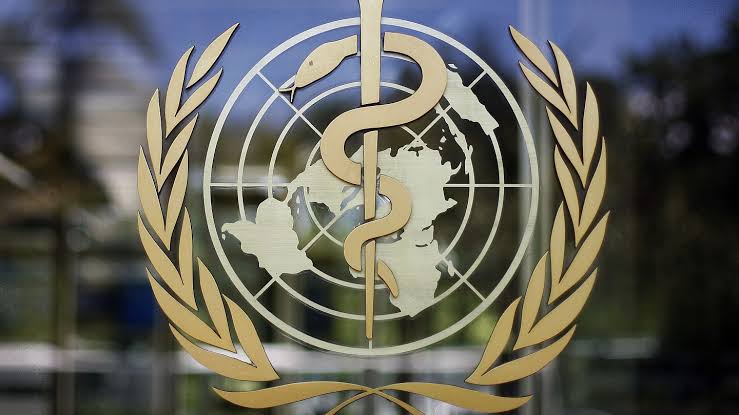The world currently faces a significant shortage of nurses and midwives according to the World Health Organisation (WHO). Stressing this on International Nurses Day, WHO noted that while there are currently an estimated 29 million nurses and 2.2 million midwives globally, a shortfall of 4.8 million nurses and 0.31 million midwives is predicted by 2030.
This gap is most severe in Africa, Southeast Asia, the Eastern Mediterranean region, and parts of Latin America.
Nurses and midwives are the backbone of healthcare systems, providing essential care, shaping health policies, and driving primary care initiatives. They are crucial for emergency response and the overall sustainability of healthcare.
According to WHO, in many countries, nurses make up half of all the health care professionals and have a vital role in how health actions are organised and applied.
Women make up a significant portion of the healthcare workforce, with 67% in the health and social sector compared to 41% across all employment sectors.
Nursing and midwifery are particularly female-dominated professions. Over 80% of the world’s nurses work in countries with only half the global population. Additionally, a significant number of nurses (one in eight) practice in a different country than where they were born or trained.
A higher number of female nurses correlates with positive health outcomes. Studies show a positive association with health service coverage, life expectancy, and a negative correlation with infant mortality.
Investing in nurses and midwives is essential for building efficient, effective, and sustainable healthcare systems worldwide. By addressing the global nursing shortage, the world can ensure everyone has access to quality healthcare.
Investing in Nurses for a Healthier Future: The positive correlation between the number of female nurses and health outcomes underscores the importance of supporting this workforce.
Studies show a link between higher levels of female nurses and improved health service coverage, life expectancy, and lower infant mortality rates.

